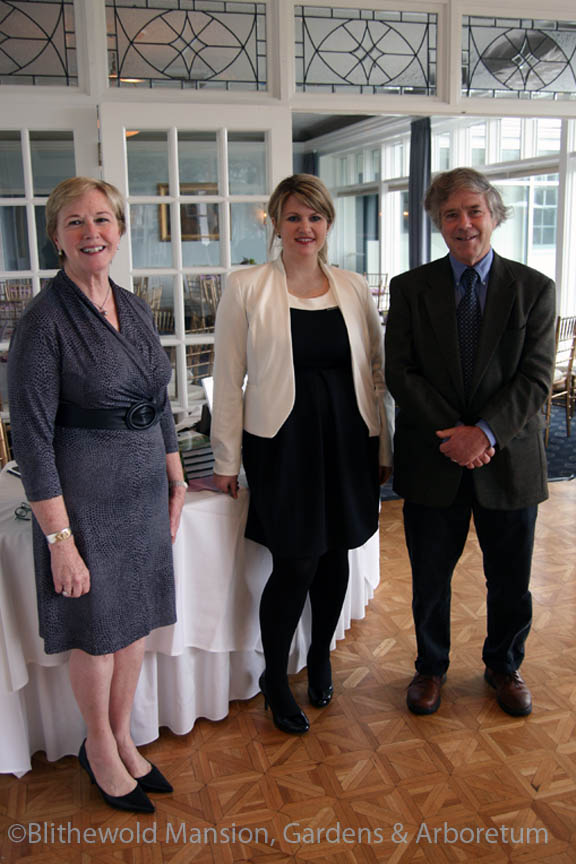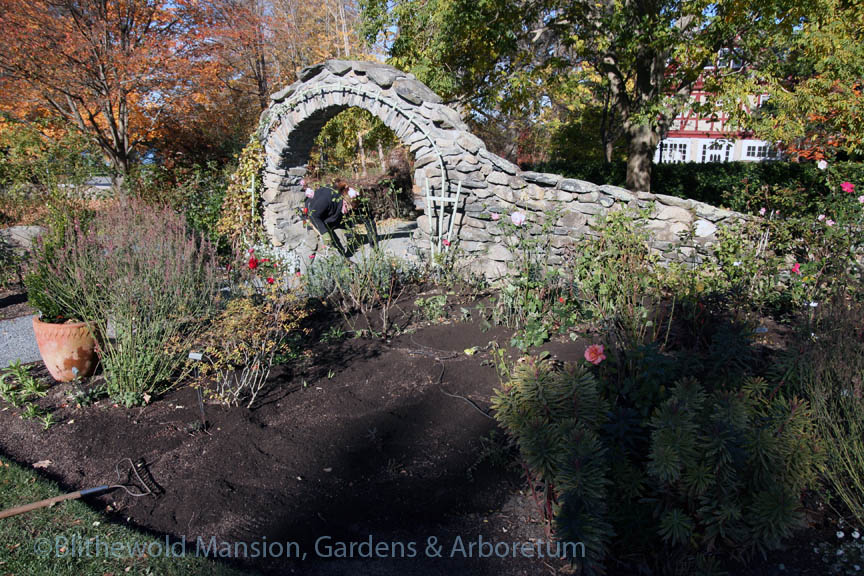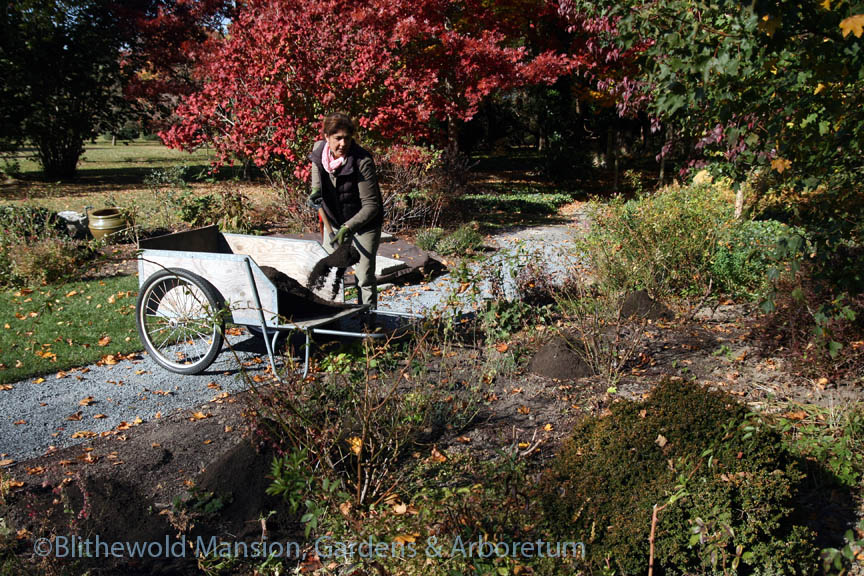“A Rich Spot of Earth”

Until yesterday I had no idea that Thomas Jefferson was the first American to grow rutabaga. According to Peter Hatch, recently retired director of Monticello’s gardens and grounds, author of “A Rich Spot of Earth”: Thomas Jefferson’s Revolutionary Garden at Monticello, and speaker at yesterday’s Garden Design Luncheon (an annual fundraiser for Blithewold’s education programs), it is gardening that reveals who Jefferson was. Not only was Jefferson author of the Declaration of Independence and the 3rd president of the United States, he is the father of today’s farm to table movement. He grew over 300 varieties of vegetables in his 1000′ long terrace garden; he recommended sowing a thimble-full of lettuce seed first thing every Monday from March through November; and was probably the first American — certainly the first American president — to serve French fries to his dinner guests. Like most gardeners, he believed that observation led to happiness and he valued failure as highly as success. He says in a letter to Charles Willson Peale,
No occupation is so delightful to me as the culture of the earth, and no culture comparable to that of the garden. Such a variety of subjects, some one always coming to perfection, the failure of one thing repaired by the success of another, and instead of one harvest, a continued one thro’ the year.
He goes on in the letter to describe himself as an old man, but a young gardener. Aren’t we all?
Blithewold must also qualify as a rich spot of earth, as beloved by its original owners and today’s caretakers as is/was Monticello. And although stony New England ground probably doesn’t bear comparison to Virginia’s red clay, Blithewold has been under cultivation long enough that we are blessed with beautiful soil. This week the earth in the Rose and North Gardens became a little richer still with a top dressing of compost. Since we got the tulips in, and the gardens mostly cut back and ready for their winter rest, it was the perfect time to add organic matter to amend the soil. After being scratched and rained in (it always pours the day of the Garden Design Luncheon — and this year we needed it so badly, there was no complaining) it will work its magic through the winter. Next week we’ll top dress the gardens by the greenhouse with some of this fall’s extra beautiful shredded leaves.
Do you consider your garden a rich spot of earth? Will you be amending its soil this fall too?


